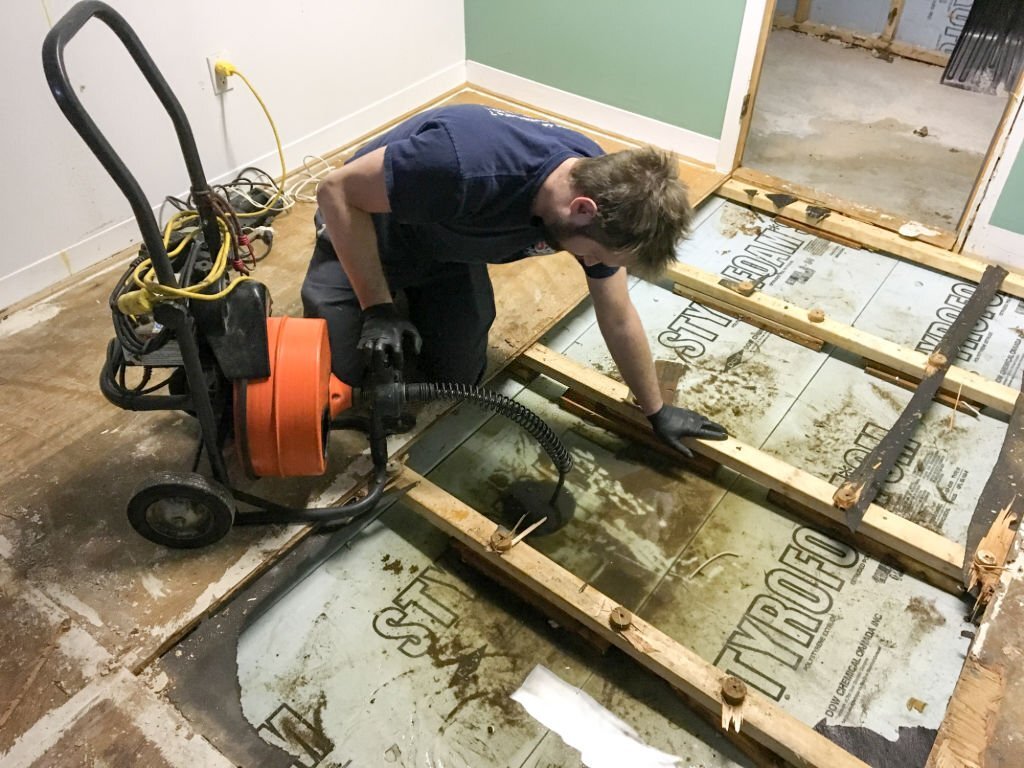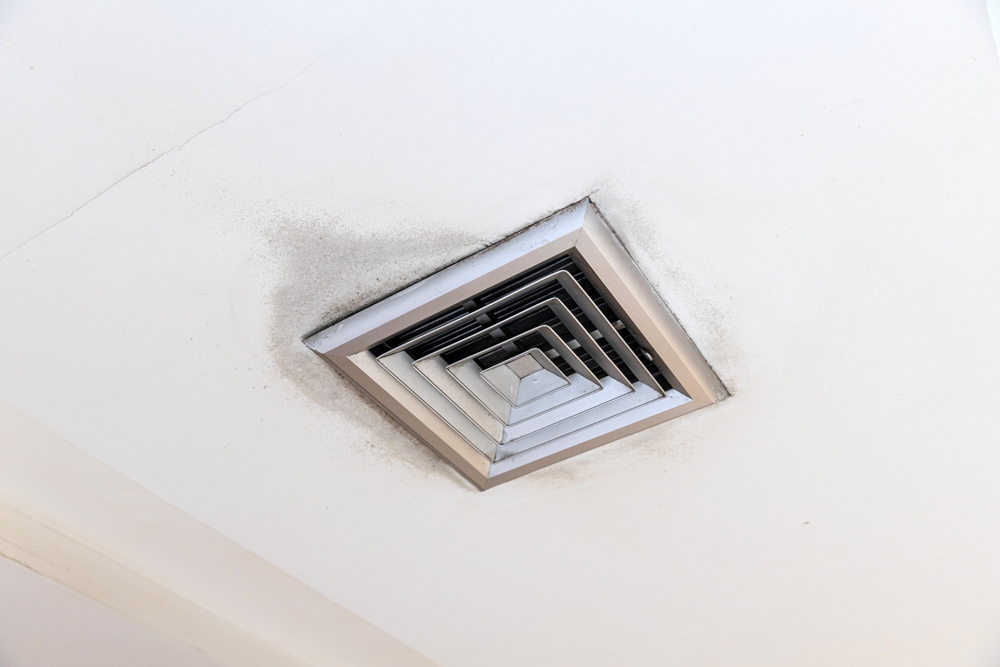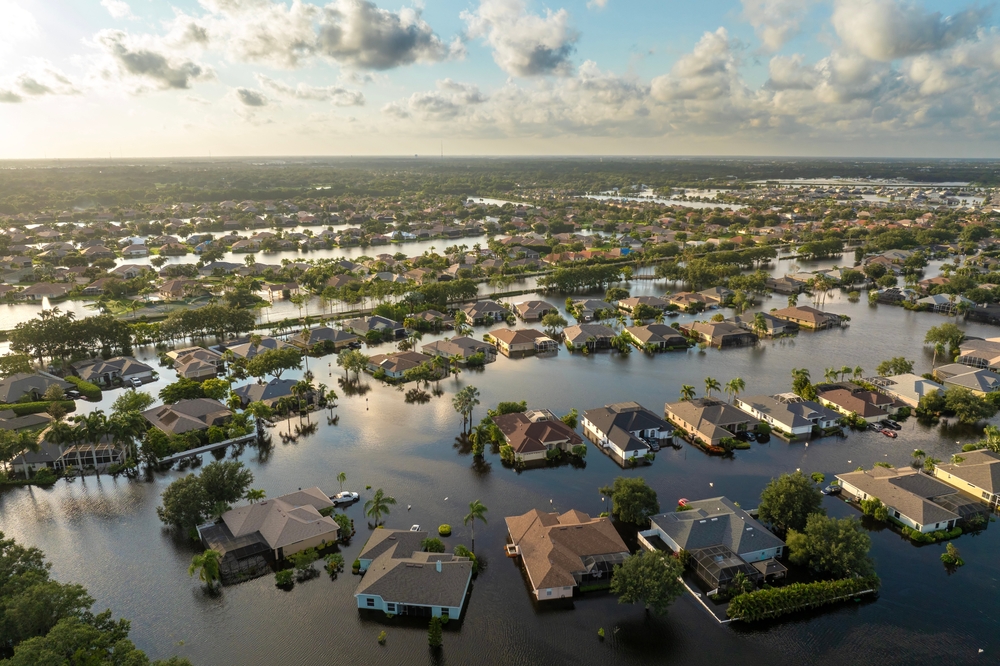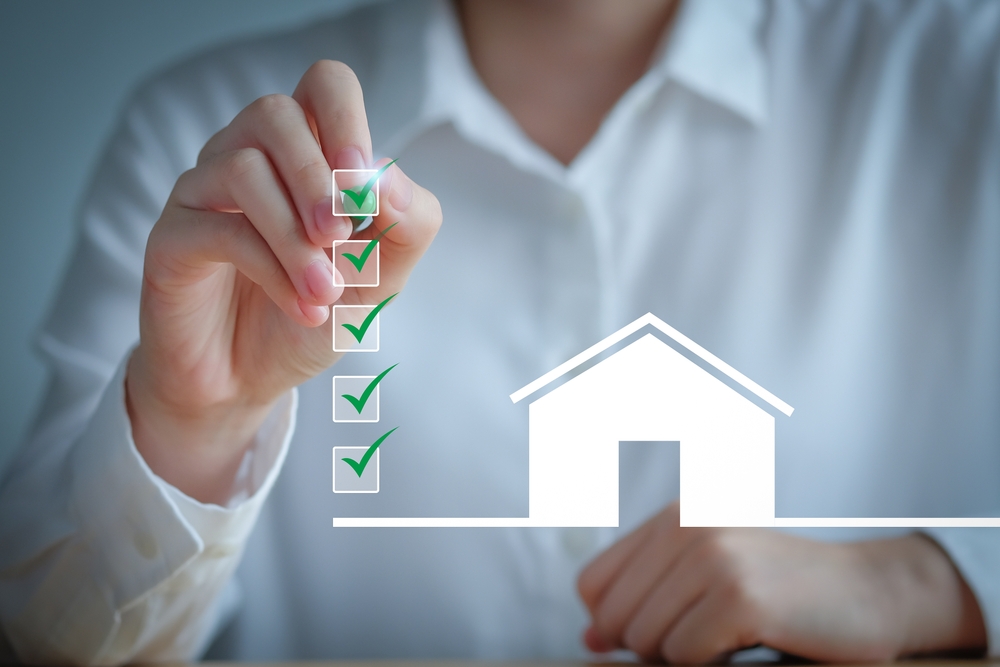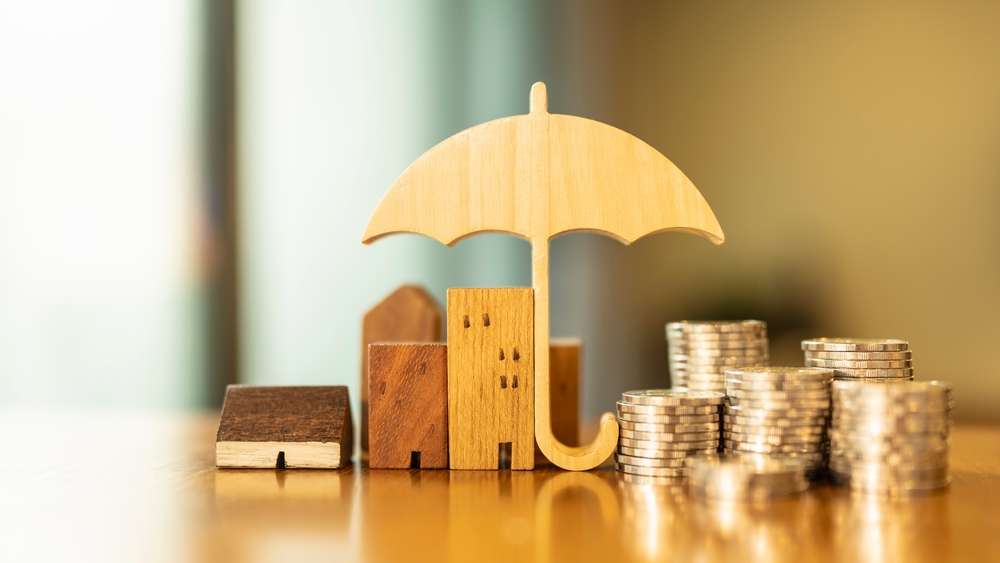Top Warning Signs of Water Leaks and Causes of Home Flooding You Cannot Ignore
Most homeowners believe that home water damage is only a risk for those living near large bodies of water or in areas below sea level, but this is not always the case. You need to understand that nearly 40% of homeowners in the United States experience losses due to water damage. Water heaters, broken washers, and faulty plumbing cause some of the common problems.
You should be aware that the drip from a leaky appliance can cause significant damage and often goes unnoticed. It’s only until the damage gets out of hand that the homeowners will begin to see the signs. To prevent this from happening, you need to learn about the common causes so you have a better idea of how to manage the issue before it becomes catastrophic.
Here are a few to keep in mind.
Hidden Broken Pipes
If you don’t take steps to watch out for the causes of broken water pipes, you can end up with severe water floods. Given that water runs through your pipes from various sources, your home can flood within a short time. The common causes of broken pipes include damage from home improvement projects, loose fittings, poor water quality leading to corrosion, and freezing temperatures.
To reduce the risk of water damage from broken pipes, locate the pipes in your yard and walls before beginning any project. You may also want to consider placing insulated freeze caps on your outside faucets and spigots. If you experience a broken pipe due to freezing, ensure that you shut off your water supply and contact a professional specializing in water damage remediation immediately.
Older Faulty Appliances
A broken or improperly connected washing machine, dishwasher, or water heater can cause significant flooding in your home. An effective water heater should regularly fill itself and provide you with warm water when washing dishes or taking a shower. If you don’t conduct routine maintenance, it could lead to leaks that may ultimately result in a disaster.
It’s always advisable that you conduct yearly routine maintenance. This will help you identify any potential problems and arrange for your appliances to be replaced or repaired.
Your Home Foundation is Damaged
A damaged foundation, resulting from cracking or flaws, can cause water to enter your home through your floor. You need to understand that your house’s foundation rests on the ground, which means it is bound to become oversaturated with snow, melted ice, water storms, and other precipitation.
That said, if you have a solid foundation, you can hardly be affected by flooding, but you will experience severe flooding if you have a damaged foundation. An important step you can take to mitigate this flood issue is undertaking foundation repairs.
A Clogged Gutter
The primary function of gutters is to divert water away from a house. However, if debris builds up, especially during winter, it can ultimately cause clogs that may lead to your gutters overflowing. If you have more water flowing outside your gutter than inside, it can pool around your foundation, potentially becoming a source of severe flooding.
To ensure optimal performance and minimize flood damage, regularly clean your gutters.
Don’t Forget the Mold Risk After Water Damage
One of the most serious consequences of unchecked leaks or flooding is the potential for mold growth. In Florida’s warm, humid climate, mold can start to develop within 24–48 hours after water intrusion. Once it takes hold—whether in walls, under flooring, or inside HVAC ducts—it can spread quickly, affecting both your property and indoor air quality. That’s why it’s crucial to follow water cleanup with a professional mold inspection and, if necessary, mold remediation. Addressing mold early can save you thousands in repairs and protect your family’s health.
Numerous sources can contribute to your concerns about home flooding. The best thing is that there are different preventative measures you can take to ensure that floods don’t occur in the first place. The few causes of home flooding highlighted in this guide should serve as a first step in mitigating home floods before they become problematic.
If your water damage issue becomes severe, you should seek the services of an experienced water extraction expert.

